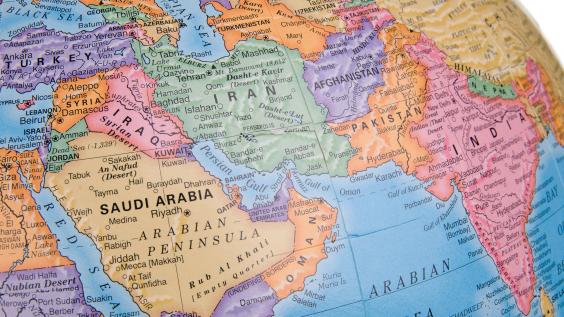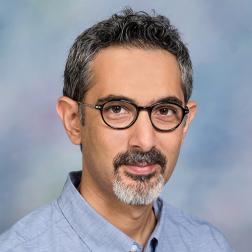The New Guardians of Religion: Islam and Authority in the Middle East

Table of Contents
Author(s)
Who speaks for Islam and who holds religious authority in the Middle East? These questions strike at the heart of the relationship between religion and politics in the Muslim world, for whoever can legitimately claim religious authority has an opportunity to shape the extent to which religion is politicized in the region.
This study, generously supported by a grant from the Henry Luce Foundation, aims to provide answers by identifying the channels of influence between religious leaders who claim to hold Islamic authority and individual Muslims across the region. The findings depict a complex religious space in the Middle East that reflects its citizens’ nuanced approach toward religion and the religion-politics relationship.
Principal investigator A.Kadir Yildirim provides an overview of the scope and implications of the project in his report The New Guardians of Religion: Islam and Authority in the Middle East.
In the papers and issue briefs that follow, other scholars discuss the findings as they relate to six Middle Eastern countries:
Research paper: Mapping Religious Authority in Wahhabi States: An Examination of Qatar and Saudi Arabia
Issue brief: Religious Authority in Wahhabi States (English/Arabic)
By Courtney Freer, Ph.D., London School of Economics and Political Science
Research paper: Religious Authority in Tunisia
Issue brief: Who Speaks for Islam in Tunisia? (English/Arabic)
By Sharan Grewal, Ph.D., The Brookings Institution
Research paper: Religious Authority in Turkey: Hegemony and Resistance
Issue brief: The Status Quo, Extremism, and Reform: The Many Faces of Religious Authority in Turkey (English/Arabic/Turkish)
By Yusuf Sarfati, Ph.D., Illinois State University
Research paper: Royal Religious Authority: Morocco’s “Commander of the Faithful
Issue brief: Public Opinion on the Religious Authority of the Moroccan King (English/Arabic)
By Annelle Sheline, Ph.D., Rice University’s Baker Institute for Public Policy
Research paper: Separating Islam from Politics but not the State: Implications for Religious Authority in Jordan
Issue brief: Separating Islam from Politics but Not the State: Implications for Religious Policy in Jordan (English/Arabic)
By Scott Williamson, Ph.D. Candidate, Stanford University
Download an appendix of supporting documentation and the public opinion surveys carried out in 12 countries across the Middle East.



